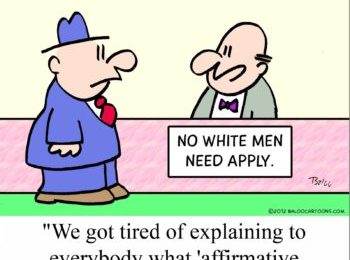By John Young
Download Podcast
Podcast is 45 minutes, so the mp3 is large.
Welcome to Western Voices, I’m John Young.
In the 19th and 20th centuries, America became a powerhouse that delivered living standards, levels of personal freedom and class mobility that made it the envy of the world. As developments in the European homeland were not analogous, the unparalleled prosperity of the United States cannot be explained on an ethnic basis alone. The main difference was ideological. The ideas and conditions that gave America the crucial edge continue in many forms to this very day, and can be seen in rates of ownership of real property that aren’t even approached anyplace else in the world.
Thomas Jefferson laid the foundation that would separate the United States from Europe, and create the greatest nation the world has ever seen with his often-misunderstood words in the Declaration of Independence that “all men are created equal.” His true intent was given life in the U.S. Constitution, in Article I, Sections 9 and 10 in which both the United States and the Several States were expressly prohibited from granting titles of nobility; and in Article III, Section 3 in which Attainders of Treason are specifically prohibited from working Corruption of Blood.
The importance of these matters to our Founding Fathers can be seen in the fact that they were included in the Constitution itself, rather than in the subsequently ratified Bill of Rights. They didn’t want to entrust it to the amendment process. And the amendment process was a risk. Today, we think of the first ten amendments to the Constitution as a monolithic article containing only ten amendments. But what most Americans don’t realize is that the Bill of Rights, as sent to the States for ratification, actually contained twelve amendments, two of which weren’t ratified at the time.
Continue at Western Voices World News
Podcast: Play in new window | Download




